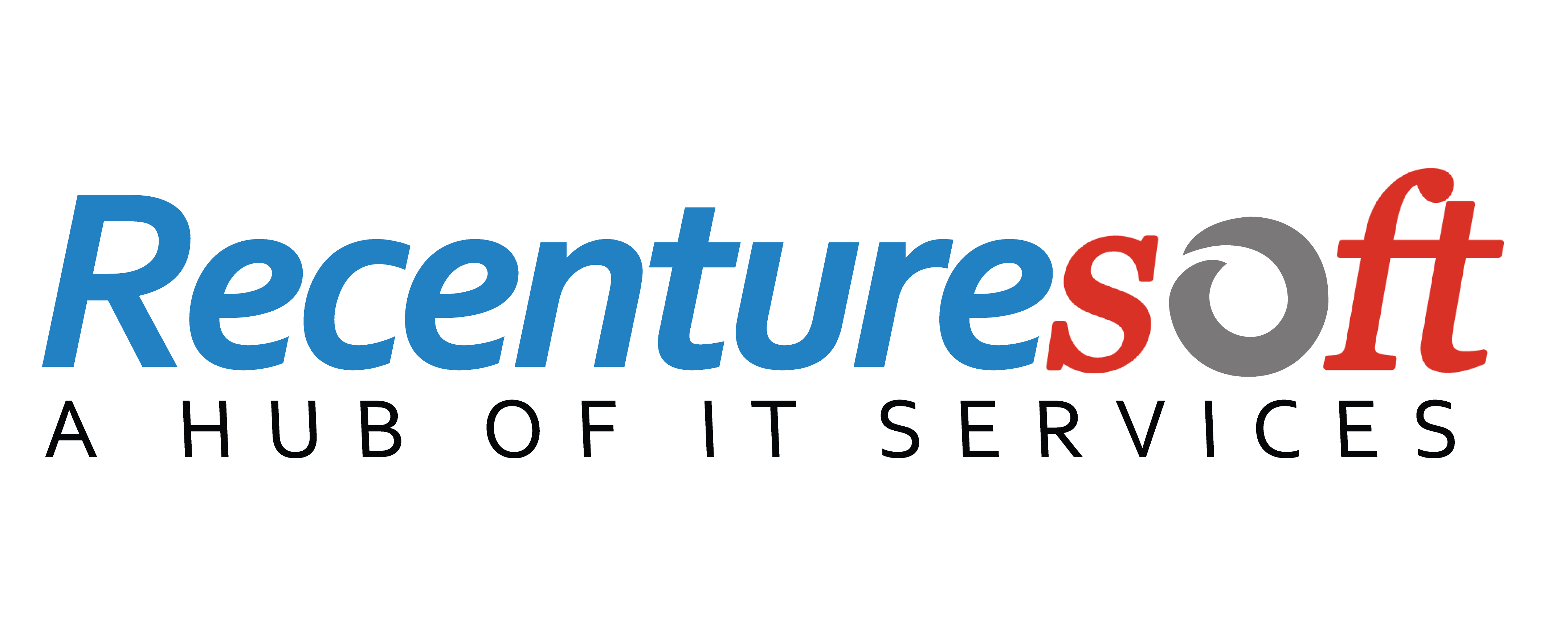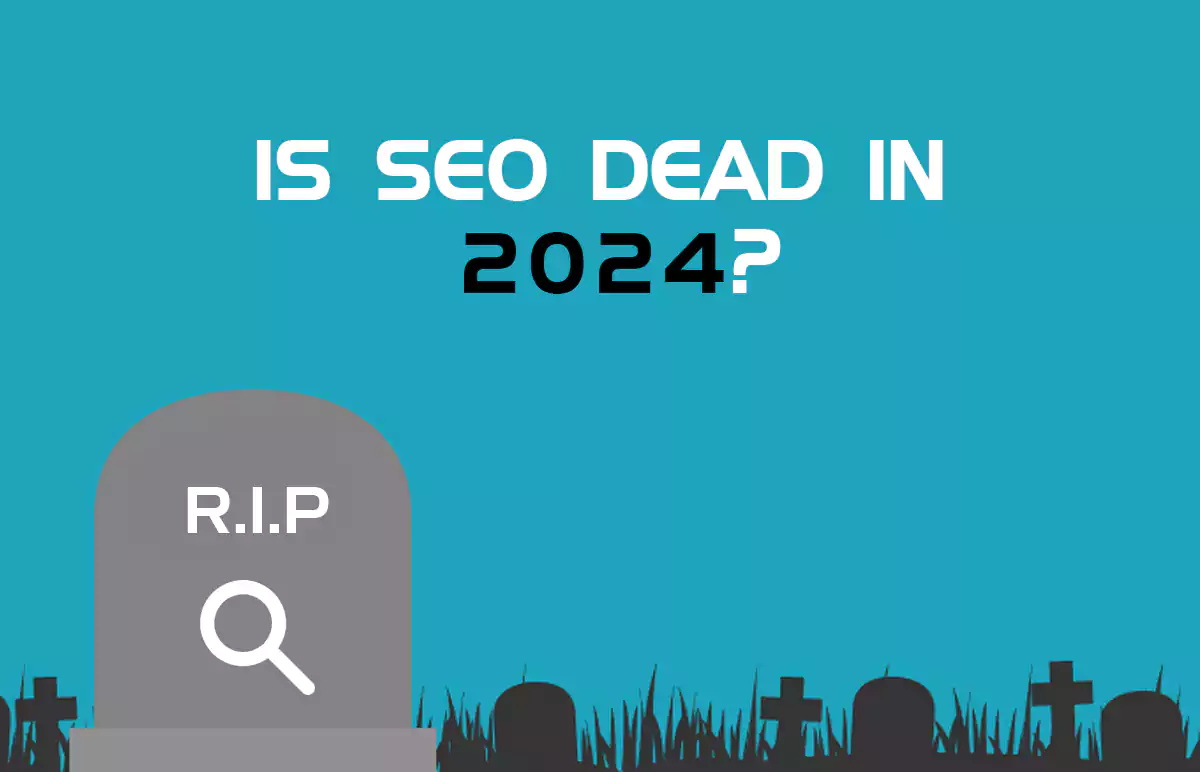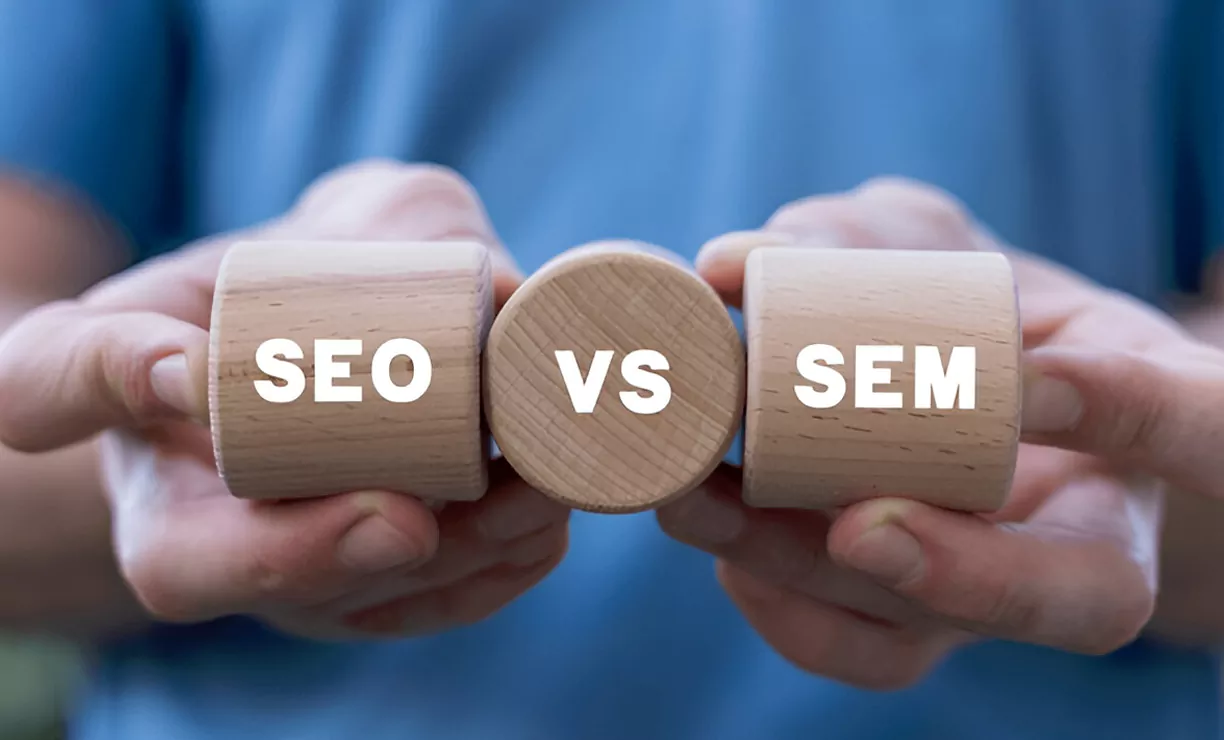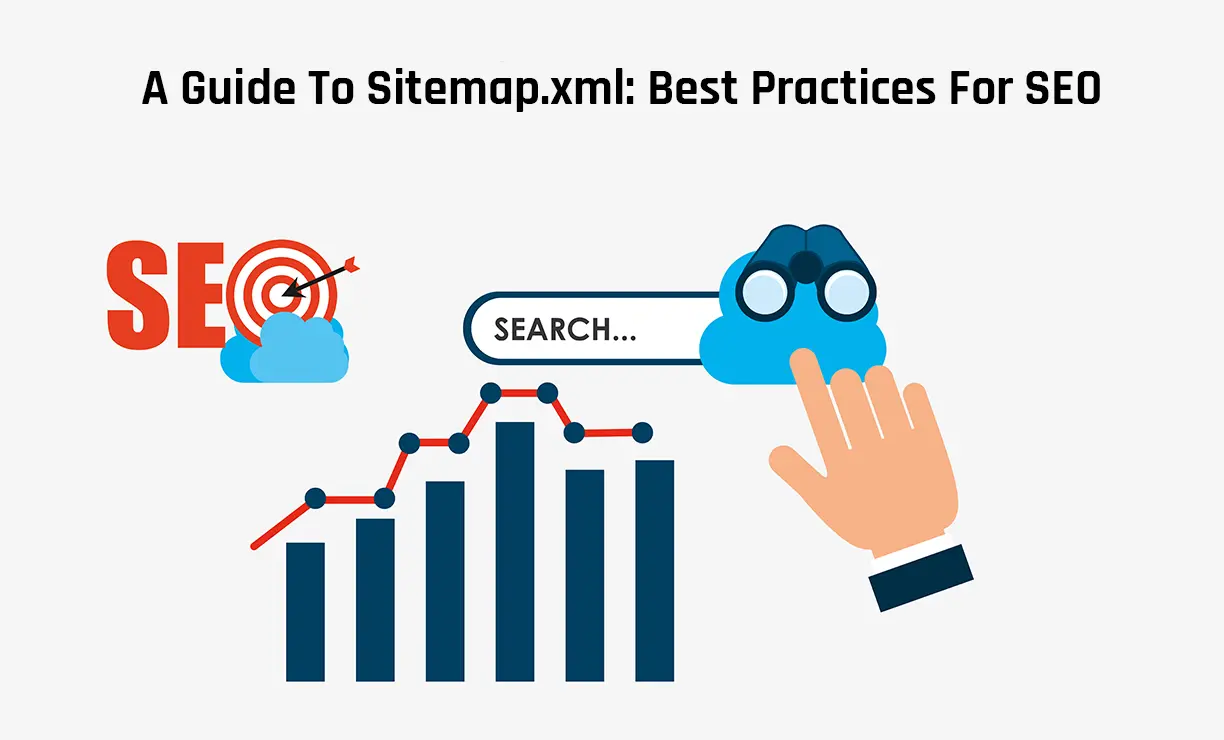This question itself sounds like if you are gardening in winter and thinking about when will the sun shine again. Creating excellent content that truly benefits readers is the best long-term SEO technique, and it is working better than ever. In Internet land, SEO has got to be one of the most love-hate relationships of the 21st century.
And now, in 2024, we are navigating even more dramatic changes to Google's search engine algorithm, witnessing the spread of Artificial Intelligence (AI), and even seeing AI in search results through Google's Search Generative Experience (SGE), among other platforms, providing instantaneous answers to certain queries.
Now is the perfect moment to grab your favourite snack and settle in as we go deeply into the differences on this complicated subject. While SEO is still very much in use today, it does require a change from the “traditional methods” of operating.
Let us now examine how SEO is evolving in the modern day and how you can position yourself as a creator for sustained success.
Old SEO vs. New SEO
Old SEO
Do you recall the days when Google's algorithm seemed to be easily manipulated and keyword stuffing was the ultimate goal? Though there will always be evidence to the contrary (typically on very high authority sites that have been there for a long time), those days are long gone.
The authority of your website can still be increased overall (as well as on specific posts and pages) by factors like high-quality backlinks, but a lot of what “worked” a decade ago is drastically changing.
New SEO
When it comes to getting more natural traffic from search engines like Google these days, the following factors are crucial:
1. Create value-centric content that helps and influences readers.
2. Write content that prioritises readers over search engines.
3. Make sure your content fulfils consumers’ expectations and intent.
4. Use clear and informative headlines without overusing keywords
5. Write expressive meta descriptions and titles without going overboard.
6. Use sections and headings that are easy for readers to scan.
7. Use lists, header sections, and graphics to make your content readable.
8. Use natural keyword density rather than stuffing them.
9. Use links, both internal and external, to aid readers.
10. Ensure your website is optimised for mobile devices first and loads rapidly.
We still get a great deal of benefit from organically obtaining high-quality links from other reputable websites by participating in podcasts and guest blogging, among other things. However, low-quality links have the potential to cause more harm than good.
The truth is, SEO is still pretty much alive and well. The definition of SEO and the methods we use to achieve it in the age of AI are changing quickly.
The core of new SEO: Real content & connection
The true problem is understanding how to create content that resonates and connects with actual humans in a time when even free AI writing tools can produce a very decent first draft blog post in a matter of seconds. Although the race to the top has been going on for a while, the stakes are rising.
More and more, mediocre content is disappearing, being replaced by videos, podcast episodes, and blog articles that make readers feel seen, heard, and understood. Conversion is no longer as directly linked to content generation goals as it once was.
Aim for these goals rather than expecting a blog post or landing page to instantly turn a new visitor to your blog, brand, or show into an eager consumer within that initial interaction:
Awareness
Content will always help draw in new viewers and remind existing ones that you exist. Because it is a numbers game, you need to frequently provide value to your audience. Consequently, it is beneficial to carve out a speciality that you genuinely enjoy.
Affinity
You may develop a strong sense of intimacy with your audience by making them feel heard, seen, and understood. If you do this consistently over time, you will not have an audience - instead, you will have followers who cannot wait to see what you will do next.
One excellent approach to sowing the seeds for these connections to flourish right now is through companion content.
Education and entertainment
Put a lot of effort into producing content that informs and instils in your audience everything there is to know about the topic at hand. This is where the benefits of creating content primarily through video are evident.
These days, the best locations to spend your creative time are on platforms like YouTube, Instagram, and TikTok, which are wonderful for audience relationship building and discoverability.
Then, to start receiving organic Google traffic, you can utilise tools like any free video-to-blog AI generator, which immediately converts your videos into useful, search engine-friendly blog content.
Everyone has experienced what it's like to read an article written entirely by AI. A writer who publishes an AI-generated piece without adding their voice and personal touch makes the reader feel as though they are eating microwave meals in a fine dining establishment. Even if you seem filled, where is the love? The taste?
The turning point from a meal, um, substance, into a genuine experience? The new SEO is honing your craft of writing engaging content while maintaining a firm grasp of on-page modern SEO strategies that will position your work for long-term success. Let us go over some strategies you may use right now to achieve this balance.
1. Including a personal touch
It is undeniable, though, that AI writing tools are revolutionising content creation for SEO. Consider them an ally in the process of creation rather than an enemy and resist it instead. Although a new AI blogging technique can expedite your workflow, you are and always will be the secret sauce, my buddy.
The continuous wheel that artists are utilising to forge deep connections with consumers today is known as the “new content flywheel”:
Produce
Crafting individualised, value-driven content that helps your audience with practical issues.
Delight
Achieving a harmonious equilibrium between amusement and education that makes people happy.
Connect
Creating a sense of being seen, heard, and understood by your viewers, readers, and listeners fosters connection.
Deepen
By paying attention to your audience and producing unique material for them, you can go deeper.
Being authentically yourself is the first step in the new content flywheel. Tell your tales, add a little quirky humour, and be yourself.
2. Making the most of generative AI tools
It is like refusing to use a GPS when you are lost in the woods because you still love paper maps and ignoring the amazing benefits of AI tools.
The following are some of the greatest applications of AI tools in the contemporary content creation process:
Creating ideas
Resources such as free blog post idea generators are excellent at producing an endless supply of research-supported subjects on which genuine audiences are actively looking for information, support, amusement, and answers.
Keyword research
You can determine if a topic has enough interest among readers to warrant devoting several hours of writing time to it by using any free keyword research tool.
Outlines & first drafts
Using resources like the free AI writing tools, you can quickly create first drafts and generate blog post outlines, which will enable you to produce more excellent content more quickly.
Just make sure to put a lot of time, love, energy, and effort into the editing process to ensure that your material speaks to actual people.
Repurposing content
Currently, one of the best applications of AI is SEO.
Any video you have generated may be used as the basis for an SEO-optimized blog post draft that you can publish to reach a larger audience that prefers to consume material in written format. Tools like video-to-blog post generators can do this in a matter of seconds.
3. Mastering the basics of on-page and off-page SEO
Setting aside all of this lovely (true) emotion, this is where it gets practical: SEO fundamentals are still important. These details consist of the following:
- Make sure you are addressing the proper topics by conducting keyword research (keyword clustering is a wise move as well).
- To make your information easier for readers and search engines to navigate, use appropriate heading formats.
- To tell search engines what keywords to rank your content for, incorporate your target keyword phrases (without overloading it with keywords).
- Ensure that your metadata - titles, descriptions, and permalinks—are optimised and assist you in achieving high organic results.
- Never forget to include alt text for images in your article that is both descriptive and search engine-optimised.
Additionally, there is what is known as off-page SEO. This is where networking with other creators who are willing to share your material with their audiences, backlinks, guest blogging, and social signals come into play.
There is no “set it and forget it” way in SEO. You must master these principles, keep an eye out for changes, and be prepared to change your content as needed if you want consistent (free) traffic from search engines like Google.
Watch how your content performs, pay attention to your analytics, and do not be hesitant to make adjustments. The key to this is flexibility.
So, is SEO dead in 2024?
No, it’s just different (and quite alive)
So, is search engine optimisation (SEO) obsolete? Not at all. However, the game of SEO has changed over time, becoming less technical and more intricate and complex. Sincere, emotionally charged content is becoming the primary requirement of SEO, with less emphasis on technical details.
Do not forget the true reason we are drawn to learn from other people - creators just like you - because of the authentic personal connection we experience along the route, even though the widespread use of AI technologies will undoubtedly continue to alter the methods we use to create content over time.
Thus, keep in mind your purpose for being here: to interact, exchange, instruct, amuse, and personalise your little space on the web. And no, SEO is not dead but the outdated approach to Search Engine Optimisation (SEO) that aims to manipulate Google's search algorithm is dead.







